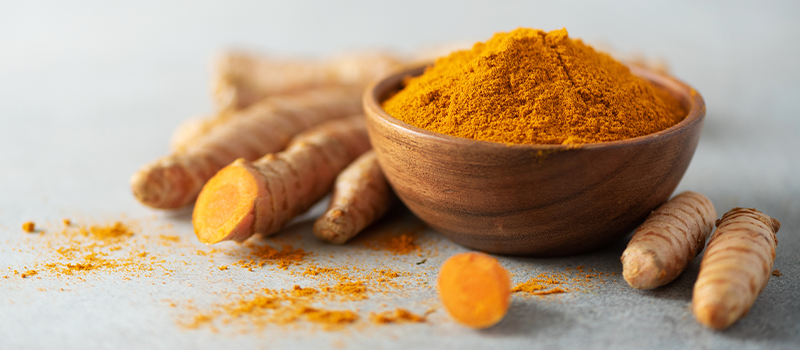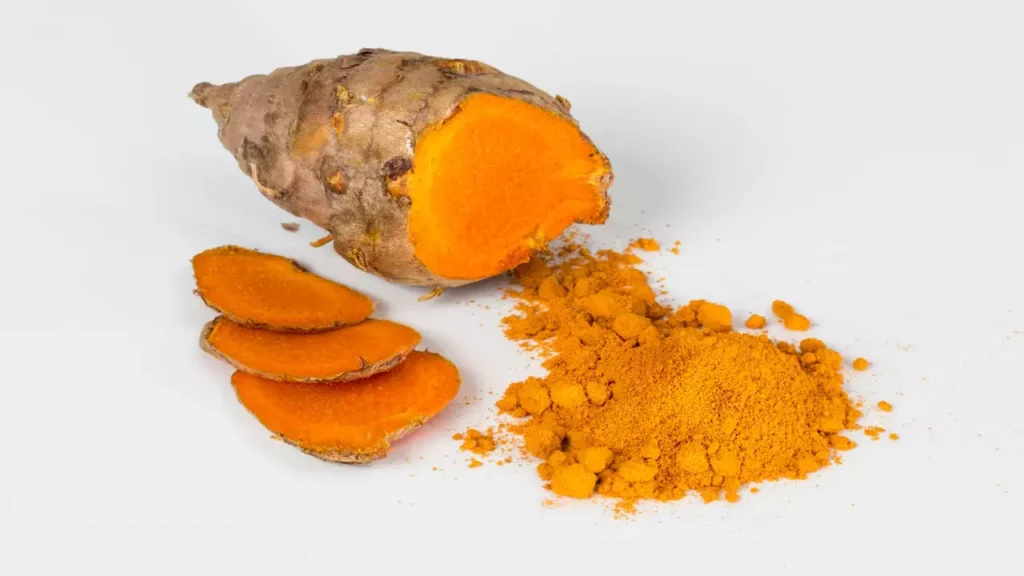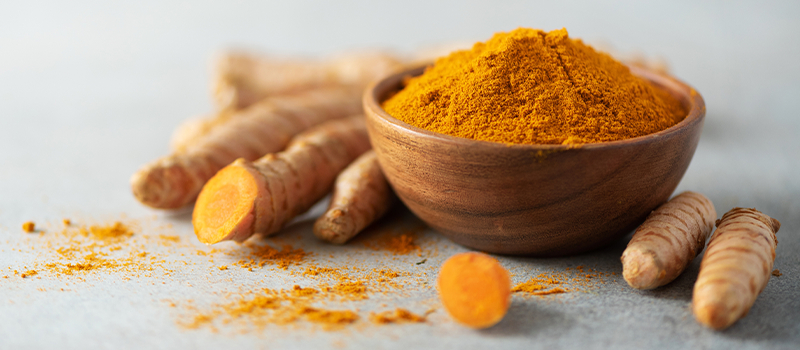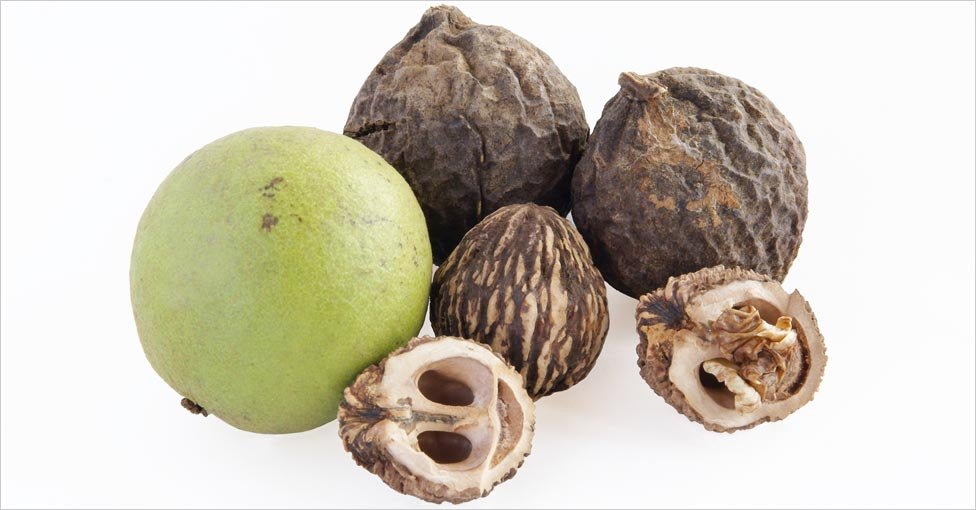
Turmeric powder, known as Haldi in many cultures, has been revered for centuries as both a medicinal and culinary treasure. This vibrant yellow powder, derived from the rhizomes of the Curcuma longa plant, is packed with a wide array of health benefits. Not only is it used to add flavor to various dishes, but it is also prized for its therapeutic properties, especially for skin and overall health. The active compound in turmeric, curcumin, has been the subject of numerous studies, showcasing its ability to treat and prevent a variety of ailments. In this article, we will delve into the myriad benefits of turmeric powder, particularly focusing on its positive effects on skin and general well-being, while also exploring its connections to other natural ingredients such as ginger, honey, and lemongrass.
As we explore the remarkable benefits of turmeric, it’s essential to consider its relationship with other herbal wonders like ginger, a spice that is closely related in both use and health benefits. From ginger’s role in digestion to its ability to alleviate nausea, it complements turmeric’s healing properties in many ways. The combination of turmeric and ginger is particularly powerful, enhancing their anti-inflammatory and antioxidant effects. Many people across the world rely on these spices for their holistic healing properties. This article will provide an in-depth understanding of how turmeric powder and its companion spices, like adrak (ginger in English), zingiber (the botanical name of ginger), and even galangal, work together to boost overall health.
Through this article, we aim to showcase the undeniable value of turmeric powder, known globally as Haldi, by examining its skin benefits and overall health benefits. Additionally, we’ll investigate how incorporating turmeric into your routine could have long-lasting positive effects. We will also touch upon practical advice such as the ideal way to incorporate turmeric into your diet, the price of turmeric, and how turmeric compares to other similar spices such as ginger and galangal. Whether you’re looking for natural remedies for skin conditions, a way to boost your immunity, or simply seeking a more holistic lifestyle, turmeric powder should be at the forefront of your health regimen.
What Is Turmeric and What Is It Good For?
Turmeric is often seen as a miracle spice, and rightly so. With its long history in Ayurvedic and traditional Chinese medicine, Haldi has proven to be a powerful agent for improving health and vitality. Derived from the rhizomes of the Curcuma longa plant, turmeric contains an active compound known as curcumin, which is primarily responsible for its health benefits. Research has shown that curcumin has anti-inflammatory, antioxidant, and antimicrobial properties, making it a potent remedy for a variety of ailments.
Turmeric for Skin Health
One of the most popular uses of turmeric powder is for skin care. The skin benefits of turmeric are well documented, especially when used in face masks or applied as a paste. Thanks to its anti-inflammatory and antimicrobial properties, turmeric can help with a wide range of skin conditions such as acne, eczema, and psoriasis. It can also reduce dark circles and pigmentation, leading to a clearer and more even complexion. For centuries, turmeric has been used as a natural treatment for wounds, helping to reduce swelling, infection, and accelerate the healing process.
The anti-inflammatory properties of turmeric also extend to promoting skin health by reducing redness and irritation. If you suffer from dry skin, adding turmeric to your skincare routine can help lock in moisture, making your skin feel softer and more hydrated. Additionally, turmeric’s antioxidant properties can help fight off free radicals that contribute to aging, effectively slowing down the appearance of wrinkles and fine lines.
Turmeric for Internal Health
The health benefits of turmeric go far beyond the surface, making it a valuable addition to your diet. Studies have indicated that curcumin, the active compound in turmeric, may help prevent chronic diseases such as heart disease, diabetes, and certain types of cancer. One of the key aspects of curcumin is its ability to reduce inflammation, which is a root cause of many health conditions. This makes turmeric an excellent anti-inflammatory agent for conditions such as arthritis, asthma, and even digestive disorders like irritable bowel syndrome (IBS).
Moreover, turmeric has shown promise in improving brain function. Some studies suggest that curcumin may help boost levels of brain-derived neurotrophic factor (BDNF), a protein that supports the health of neurons. Higher BDNF levels are associated with a decreased risk of neurodegenerative diseases such as Alzheimer’s and Parkinson’s. Turmeric also plays a role in detoxification, helping the liver process and eliminate toxins more effectively.
The Connection Between Turmeric and Ginger

It is hard to discuss turmeric without mentioning its closely related cousin, ginger. Both belong to the Zingiberaceae family and share a similar flavor profile, with a combination of spicy and earthy notes. While turmeric is primarily used for its therapeutic benefits, ginger (or adrak in Hindi) is often used as a culinary spice, as well as for medicinal purposes. Ginger’s health benefits have been widely recognized for centuries, especially for its role in promoting digestion, easing nausea, and boosting immunity.
Ginger for Digestion and Nausea
Ginger is well-known for its digestive properties. It can help reduce bloating and nausea, making it a valuable remedy for digestive discomforts. Many people use ginger tea to soothe their stomachs or incorporate it into their meals to improve digestion. Additionally, ginger has been found to be effective in alleviating morning sickness during pregnancy. Ginger is often recommended for pregnant women looking to ease nausea without resorting to medication, making it a safe alternative for many expecting mothers.
The Synergy Between Turmeric and Ginger
When combined, turmeric and ginger form a powerful duo. Both are potent anti-inflammatory agents, and together, they can provide even greater health benefits. The anti-inflammatory properties of turmeric complement the digestive benefits of ginger, making the combination particularly effective for people suffering from conditions like arthritis or digestive issues. In fact, studies suggest that when used together, turmeric and ginger can help alleviate pain, reduce inflammation, and improve overall health more effectively than when used individually.
Many herbalists recommend incorporating both turmeric and ginger into your daily diet. Whether in teas, smoothies, or as part of a savory dish, these two spices can enhance your health in numerous ways.
Practical Applications of Turmeric Powder in Everyday Life
Now that we’ve explored the many health benefits of turmeric, let’s take a look at how you can incorporate this wonder spice into your daily routine. From skin care to diet, there are many ways to use turmeric effectively.
1. Turmeric Face Mask
One of the simplest and most effective ways to reap the skin benefits of turmeric is by using it as a face mask. Mix turmeric powder with honey (such as honey crystals) and a bit of yogurt to create a natural face mask. Apply this mixture to your face for 15-20 minutes and rinse off with lukewarm water. The turmeric helps to reduce acne, clear up blemishes, and even out skin tone.
2. Turmeric Tea or Golden Milk
A popular way to consume turmeric is by making turmeric tea or golden milk, a traditional drink made with turmeric, milk (or a dairy-free alternative), and spices like black pepper. This drink is a great way to enjoy the anti-inflammatory benefits of turmeric while soothing your body and mind.
3. Add Turmeric to Your Cooking
Turmeric can be easily incorporated into your diet by adding it to various dishes. Whether it’s a curry, soup, or smoothie, turmeric can be used in both sweet and savory recipes. Turmeric is often paired with ginger, black pepper, and other spices to enhance its effectiveness and improve the flavor profile of the dish.
4. Turmeric Supplements
For those who may not enjoy the taste of turmeric, supplements are available. Turmeric capsules are widely available in health food stores and online. However, when opting for supplements, ensure that the product contains a good amount of curcumin and is paired with black pepper, as it enhances the absorption of curcumin in the body.
Conclusion: Why You Should Make Turmeric Powder a Part of Your Daily Routine
The benefits of turmeric powder, or Haldi, for both skin and health are undeniable. From its ability to heal wounds and reduce inflammation to its antioxidant and antimicrobial properties, turmeric serves as a natural remedy for a wide range of ailments. Not only does it support skin health by combating acne, dark spots, and wrinkles, but it also promotes overall wellness by reducing the risk of chronic diseases, improving brain function, and supporting a healthy digestive system.
When paired with other natural ingredients such as ginger (adrak), honey, and lemongrass, turmeric’s benefits are even more pronounced, making it an essential part of any holistic health regimen. Whether consumed as part of a warm drink, incorporated into your meals, or used in skincare, turmeric powder is a versatile and powerful ingredient.
As we continue to search for natural remedies for a healthier lifestyle, turmeric remains a cornerstone in the pursuit of wellness. Incorporating turmeric into your daily life can lead to lasting benefits, helping you feel better, look better, and live a more vibrant life.









